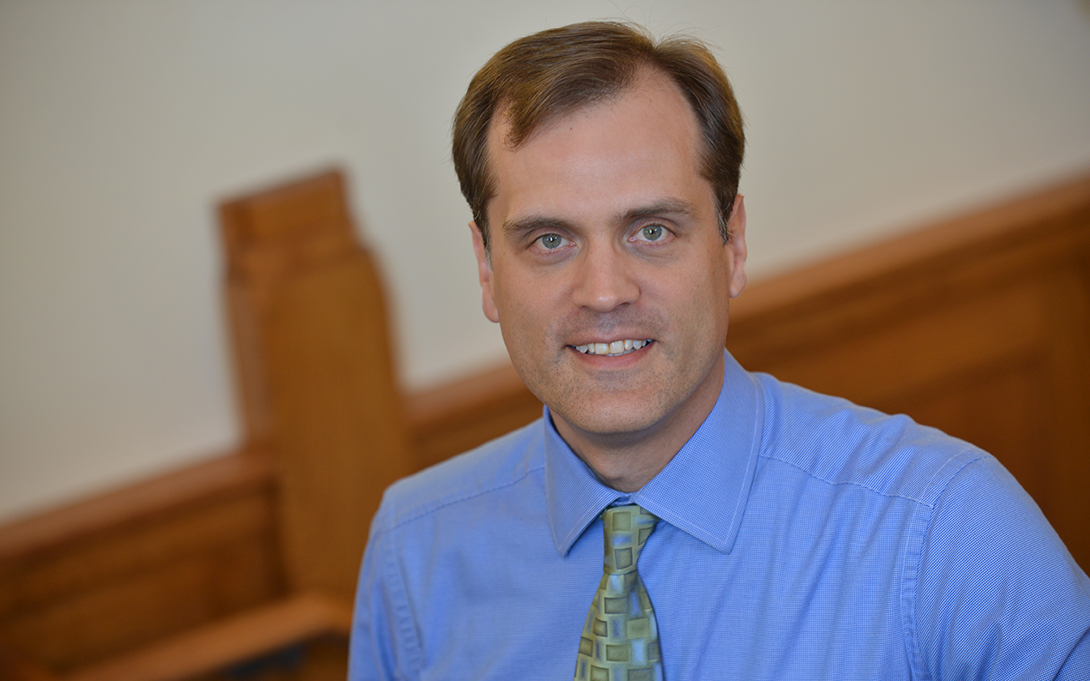
On Wednesday, March 11, President Trump announced an important change in the U.S. response to COVID-19, suspending all travel from Europe to the United States for 30 days. (This policy initially excluded the United Kingdom, but has since been expanded to include all European countries.) Professor Jonathan Hanson recently commented on the new Federal travel policies in a recent BBC News Brazil article, “What explains Trump’s change in tone about Coronavirus.”
Hanson notes that these new policies mark a change in tactic for the President, who had previously downplayed the threat of COVID-19 in the United States. "It seems,” Hanson notes, “that the focus on travel restrictions is a way of making the problem appear to be of external origin.” Hanson also notes that President Trump’s references to COVID-19 as the “Wuhan virus” and the “Chinese virus” reinforce this. “There seems to be a political motivation in that [rhetoric],” Hanson explains, “which is to give the idea that the United States would be fine if it managed to keep foreigners out.”
Hanson also notes that this crisis may have serious political ramifications for the President and the upcoming November elections. "The collapse of the financial markets that we saw last week puts at risk Trump's strongest argument for re-election, which is the economy," according to Hanson.
To read the full BBC Brazil article by Alessandra Corrêa, you can find it here.
Jonathan Hanson is a lecturer in statistics for public policy at the Ford School. As a specialist in comparative political economy and political development, he examines the ways in which, and the channels through which, political institutions affect economic performance and human development. In his recent projects, he has explored whether democracy and state capacity complement or substitute for each other when it comes to improving human development, why authoritarian regimes vary significantly in economic and social outcomes, how the spatial distribution of ethnic group populations interacts with political institutions to affect the supply of public services, and how to measure state capacity. Hanson holds an MA in economics and a PhD in political science from the University of Michigan.